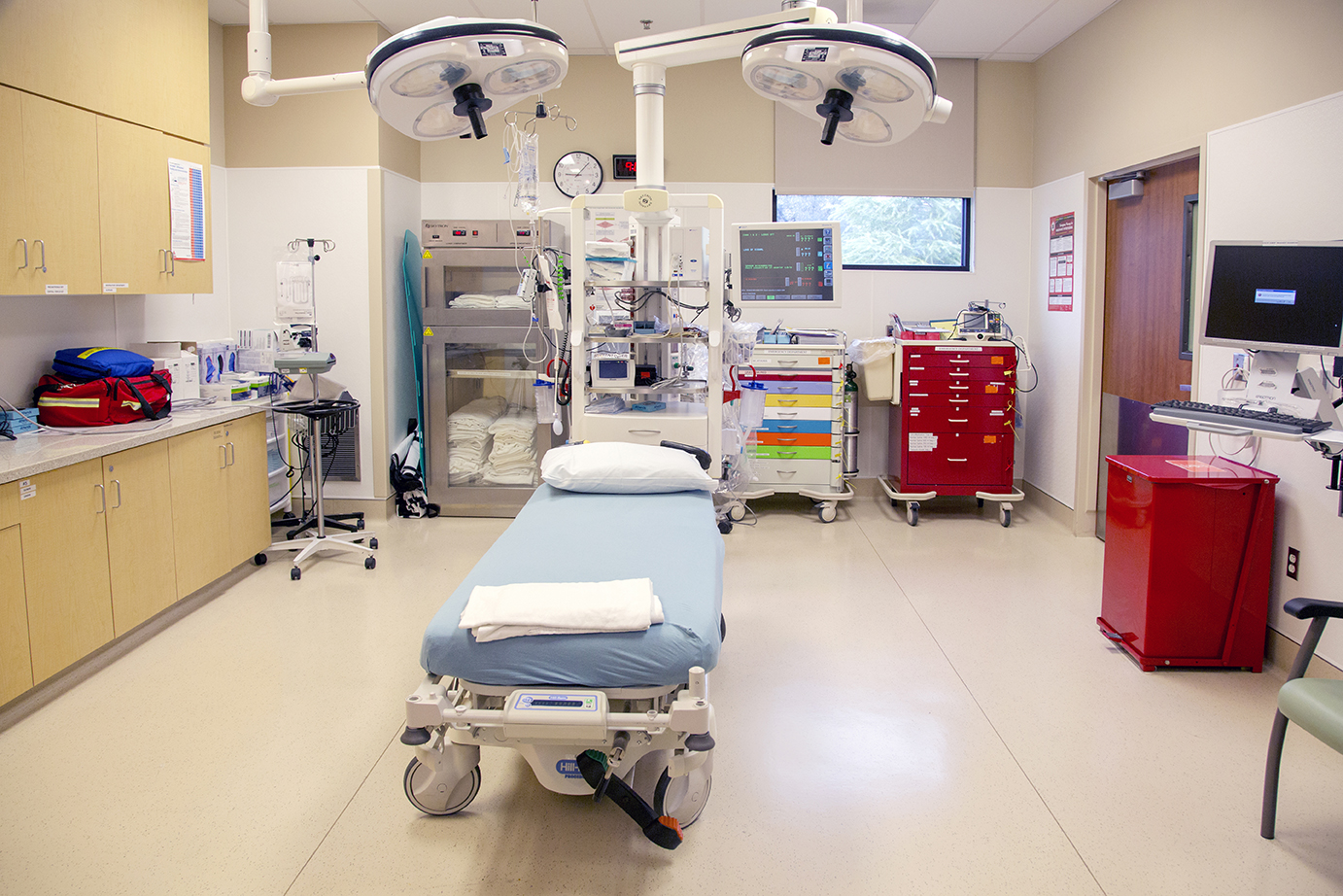Documenting your injuries early, and getting treatment as soon as possible, is crucial for getting the most favorable treatment from auto insurers.
But while getting medical treatment is important, it’s also critical to avoid any mistakes that could undermine a future personal injury claim. And tragically, such mistakes are easiest to make with the most harmful accidents, those that send you to the emergency room.
Events will be moving quickly. You may be frightened, worried, in tremendous pain, or groggy after surgery. But it’s precisely in such moments that maintaining good judgment is critical. Your behavior at the hospital can be just as important to a personal injury case as your behavior at the scene of an accident.
Here’s some rules to follow:
-
When describing your accident, be brief
At some point in your treatment, a doctor or nurse will almost certainly ask what happened to you. When you reply, it’s only necessary to tell them facts that will help you get the necessary treatment. It’s helpful for a doctor to know if you were rear-ended or sideswiped. He doesn’t need to know where you were driving to, or how you think the accident happened. But anything you tell a doctor could end up being recorded or repeated later (and the more you tell a doctor, the more likely he is to make a mistake). Any story, once written down, will be difficult for you to change while maintaining credibility, even if that story is wrong.
-
When describing your injuries, be thorough.
While you should avoid any unnecessary detail in describing your accident, you should take the opposite approach when it comes to your own injuries. Even if you’re in the E.R. for a broken arm, don’t neglect to mention the ache in your back, the twinge in your neck, or anything else bothering you. It’s good to have those injuries recorded as soon as possible, even if they don’t immediately require treatment. If you need to have them treated later, this will keep an insurance company from claiming those injuries post-date the accident.
-
Keep track of your treatments
Be sure you document every type of care you receive. Even if it seems minor compared to other procedures, you’ll want it recorded in your medical records. Every test you undergo, and every kind of care you receive, will strengthen your case for compensation later. Failing to record these treatments, though, will do the opposite.
-
Read your paperwork carefully
Any visit to the hospital is going to involve paperwork. Most of it will be harmless: Providing medical history or confirming your health insurance. But there can be dangers as well. While you’re recovering from an accident, others may be worried about their own liability. There may be efforts to have you sign a liability waiver, or accept token payments far below what you could receive in court. So be careful, and don’t let yourself be bullied. Don’t sign anything you don’t understand. If you’re unsure, get help from a loved one, or from an attorney.
Speaking of Which…
If you’ve been in any kind of accident and want to understand your options, contact the law offices of M.R. Parker Law, PC at (818) 334-5711. Even if you do make a mistake in the ER, that doesn’t mean you’re out of luck. Our consultations are free, and we take most cases on contingency: You pay nothing, and we only get paid when we make you money.



